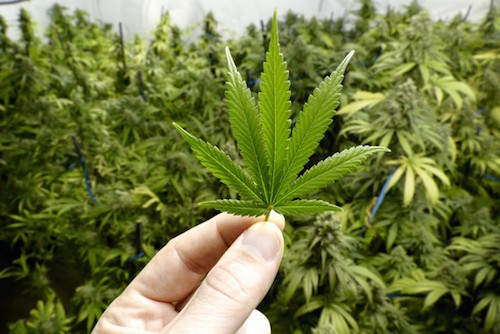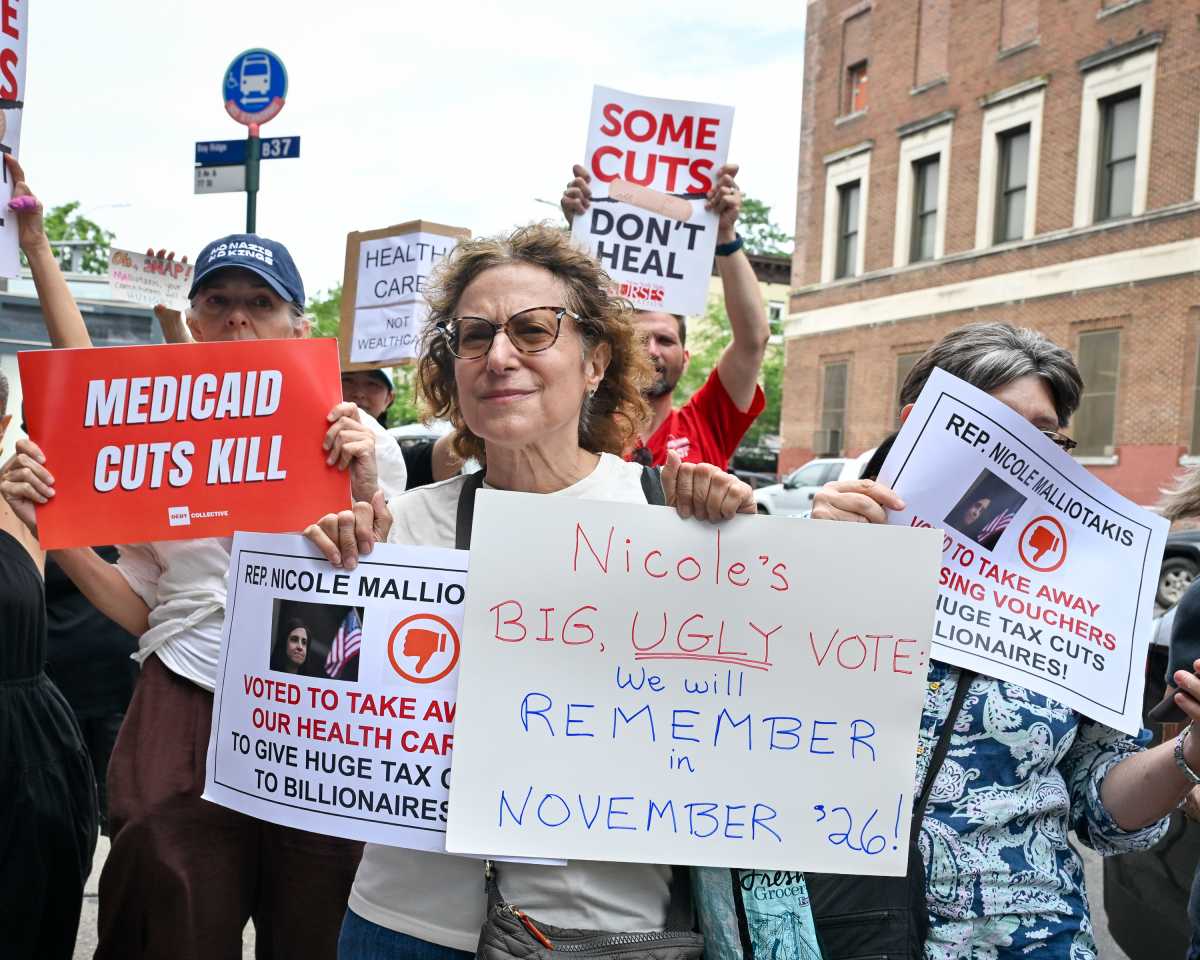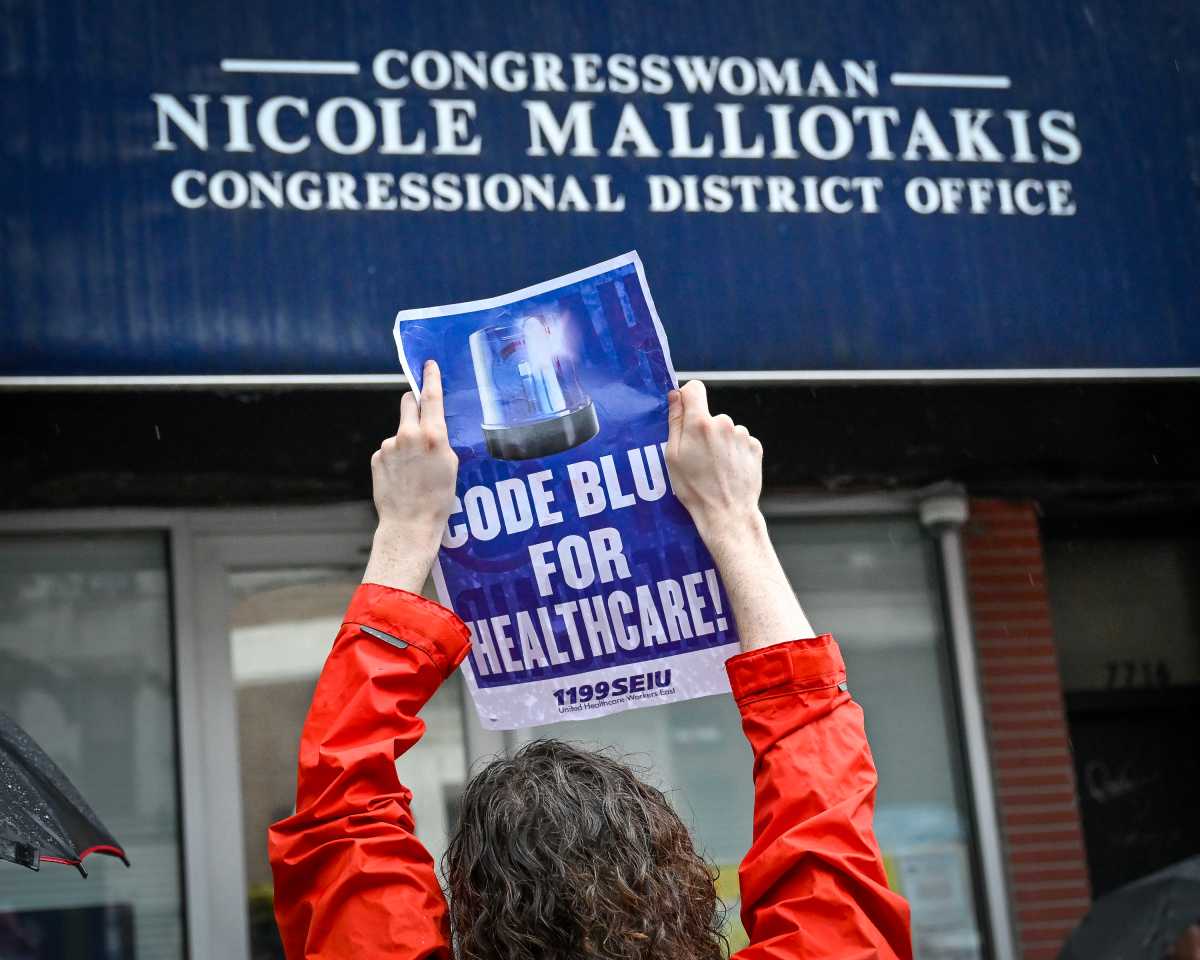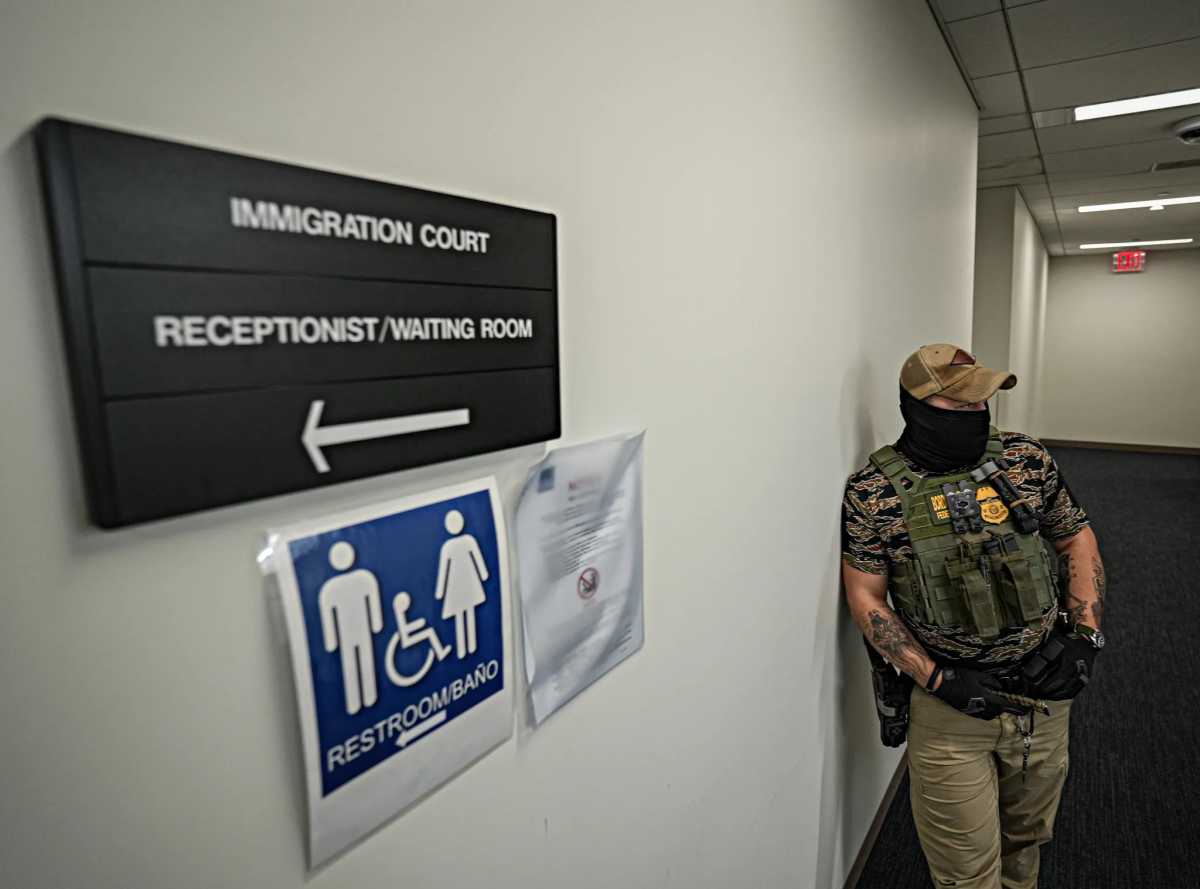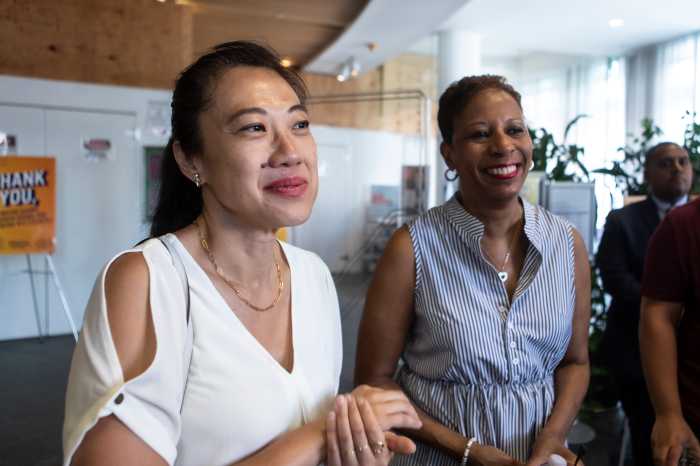Mayor Bill de Blasio this week told the New York City Police Department (NYPD) to issue summonses for smoking cannabis in public, rather than arrests, despite previous opposition to legalization of marijuana.

With a prohibition mindset, de Blasio also announced the creating of a task force to prepare for the expected legalization of cannabis in New York state.
The task force will consist of city officials who will develop zones for cannabis dispensaries, law enforcement procedure for public smokers, advisory public health campaigns, and regulations for business and economic fairness.
De Blasio also tasked the NYPD for policy recommendations to help reduce the racial disparity in marijuana arrests.
“With marijuana legalization likely to occur in our state in the near future, it is critical our city plans for the public safety, health, and financial consequences involved,” says Mayor de Blasio.
De Blasio tasked the NYPD 30 days to develop a plan to “end unnecessary arrests,” without jeopardizing the public safety.
Meanwhile, Manhattan District Attorney Cyrus Vance Jr. will decline taking up these cases, effective August 1, and provide an “honest assessment” for criminal prosecutions being predominately black and Hispanic New Yorkers.
Brooklyn DA Eric Gonzalez has also announced he will not prosecute low-level marijuana arrests.
According to the New York Times, black people are arrested on low-level of marijuana charges at 15 times the rate of white people, and Hispanic people are arrested at five times the rate of white people, though white and black people use marijuana roughly at the same rate.
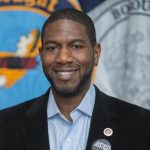
City Council Member and Lt. Governor candidate Jumaane Williams (D-Flatbish, East Flatbush, Midwood) lauded De Blasio for his initiatives.
“I want to commend the Mayor for announcing that he will instruct the NYPD not to arrest New Yorkers for public marijuana usage, but rather to issue them a summons. This is one step in a larger process of correcting the many years of injustice that have led to hundreds of thousands of arrests in this city, disproportionately targeting communities and individuals of more color. Such significant, long overdue change will require a core, sustained commitment from the Mayor, the Council, the NYPD, District Attorneys, and many other agencies and offices. It will also require a state government that is willing to ultimately act for the public good by legalizing marijuana and expunging the records of those whose lives have been ruined by such arrests and charges,” said Williams.
Though the mayor pushes forward the necessary steps for cannabis legalization, he remains concerned over the “corporation reality” of marijuana and its “effort to try to hook young people.” Many researchers also remain hesitant over the legalization of marijuana.
A report published by the National Academies of Sciences, Engineering and Medicine found that marijuana may be associated with heart attacks, strokes, asthma and other chronic respiratory problems, and mental health problems.
“However, there is no conclusive evidence about the positive and negative medical effects of marijuana. We just need “more information,” says Dr. Marie McCormick, chair of the NAS committee and professor of pediatrics at Harvard Medical School.


